|
For the last 10 years, we have been supporting volunteer Child Protection Teams (CPTs) in six slum communities in Jinja, Uganda, a city 80 km east of the capital in Kampala. This low-cost, community-owned model has transformed these areas, enabling local people to create protective environments that allow children to thrive. In 2022, thanks to our amazing community of supporters, we were able to replicate and introduce the Child Protection Team model in a new area - Karamoja, eight hours north of Jinja. Here, poverty is rife, and children are at risk. But five new Child Protection Teams will tackle child rights abuses and ensure vulnerable children are better protected. FROM JINJA TO KARAMOJA
Because of their nomadic wandering lifestyle, when we first started working in Masese III, the Karamojong people living here had little understanding of child protection and tended to let their children roam around the slum with no adult supervision. Babra Nandawula, Social Worker at Children on the Edge Africa told us “We have observed their lifestyles and learnt a lot about their culture, as they do most things based on their ways from back home. We have noticed that they do not focus so much on the needs of their children. If a child of two years can feed him or herself, then they are often left to fend for themselves.” Since they formed in 2016, the Child Protection Team in Masese III has recruited and trained Karamojong members, connected with Karamojong leaders, and created incredible transformation over the years with regard to child protection in the community. However, as the influx of arrivals from Karamoja continues, so do the prevailing habits of child abuse and neglect. Babra explains, “Those who arrive from Karamoja, come with the same behaviours which the others had at the start, so we felt that it would serve us better if we also established Child Protection Teams in the Karamoja region itself, and sensitised* them from the root, where they come from, so that they also are aware of child rights and respect them, because what they do at present is violating the rights of children”. *Sensitising involves providing training and encouraging a change of mindsets through relationship building and ongoing discussion and conversations. REPLICATING THE MODEL IN KARAMOJASeeing the transformation possible in Masese III, Nsenge Edrine, a Karamojong member of the Child Protection Team there, travelled back to his home village to replicate the model. He stayed in touch with Babra, our social worker in Uganda, for advice and support. As more information about the challenges faced by people in Karamoja emerged from Edrine, we decided in 2022 to join him to research the situation, and see how Children on the Edge could provide more support for communities in the region and ensure children here are better protected. THE NEED
Children also face neglect; for generations, people living in Karamoja have largely relied on cattle and herding livestock, with a pastoralist culture so strong that they often value cows more than children. Those older than babies or toddlers are not cared for, but left to wander outside, and few are sent to school. There is a high rate of sexual abuse and assault, and arranged marriages are agreed for girls as young as two years old, who are then married by 13. Most perpetrators can rape with impunity, especially in the case of ‘courtship’ rape, where a man or boy will rape a girl they like the look of, who will then be forced to marry them. Trafficking is rife in the area. Between Jan - June 2022 there were 172 children trafficked by only 17 perpetrators (143 were girls). Many children are taken to Somalia for organ harvesting or Nairobi for sexual exploitation and begging, then discarded back in their villages. Others are taken towns like Jinja, Mbale, Busia and Kampala where criminal exploitation is rife. Incidences of domestic and gender based violence are common and children often run away to escape it. Outdoors, groups of armed cattle rustlers will not hesitate to kill people that come across their paths, viewing them as bad omens. In general, movement outside the hours of 8.00am - 4.00pm is deemed to be too dangerous. There is little challenge to the high crime rates as there are only two police stations in the whole district, with people living in remote homesteads spaced many miles apart. People do not have the means to report crimes and police don’t have fuel to pursue or collect criminals and witnesses. WHAT ARE WE DOING TO HELP?Our Child Protection Team (CPT) model has proven that community owned work brings transformation and creates protective environments for the most vulnerable children. We are replicating this model in the Napak district of Karamoja, beginning with the setup of five new Child Protection Teams. Whilst many of the NGOs registered in the region have ceased operations and services are scarce, we wanted to complement, strengthen, and work within existing local child protection structures in the district. We started by building relationships with teachers, along with cultural, religious and opinion leaders and helping communities to recognise the value of their children, and to learn about their rights. After workshops and training, in 2022 we set up of five new Child Protection Teams in different parishes in Napak. These teams will be supported to create protective environments for the children living in their communities and will be able to tackle abuse and neglect to help keep children safe. PROGRESS SO FARMeetings were held with community leaders and officials from the Napak district throughout June and July 2022. The Child Protection team model was presented, and a plan was agreed to form five new Child Protection Teams in five sub-counties - Iriiri, Matanyi, Lokopo, Lopeei, Lorengechora. Local officials commented that no other organisation had taken the time to involve local people from the start of an initiative before. They appreciated having their opinions genuinely valued and pledged to work hand in hand with our team to make the programme a success. Community leaders then helped us to identify 8 ‘Community Resource Persons’ to be ambassadors for the programme, joining a team of 12 who were already working with Edrine. A two day workshop was then held by our social workers in Matanyi village in July, to train the new team of 20 volunteers with basic child protection knowledge and skills. Attendees all expressed how much their knowledge had been enhanced, and how they were looking forward to getting started in the villages, promoting the programme. In August, our focus turned to facilitating our first round of community awareness workshops across the 32 villages of Lokopo sub-county. The workshops were hosted by Edrine, who has been instrumental in leading the start of this work in Karamoja. Together with the newly trained resource persons, Edrine gave information about child protection, explained the Child Protection Team model, and finally supported local people to elect their parish level team Child Protection Team members (representing the villages across the five parish areas). These workshops were attended by over 1,600 people and there was great enthusiasm from local communities to hear about the programme (despite a swarm of bees disrupting the Akalae gathering!) and, through these meetings, members selected 50 people to form five Child Protection Teams, one for each parish. MEET ANGOLELEAfter carrying out the meeting in Akale parish, Edrine immediately got a call from one of the community members, who wanted to report the situation of a 14-year-old girl (Angolele) who was being forced into marriage with a much older man for a dowry. The member who reported the situation had been talking with Angolele’s mother, who had overheard her husband bargaining with the older man about the number of cows that would be included in the bride price. She had only just attended the child protection workshop, where she had heard about the dangers of early marriage and the importance of educating her children, meaning she wanted to put a stop to the arrangement. In response to the call, the Children on the Edge Africa team worked together with local leaders and police to arrest Angolele’s father and the man who wanted to marry her. Both men were detained by police for one week, who suggested that, as they were first time offenders, they should be released, and provided with awareness training about child rights and the dangers of child marriage. Angolele herself was given counselling, and will be staying in a neighbouring village with her aunt for a season to ensure her safety. The aunt is strongly against early marriage, and is planning to ensure Angolele is provided with an education, having already enrolled her in a local school. NEXT STEPS
Support us
0 Comments
Your comment will be posted after it is approved.
Leave a Reply. |
RECEIVE OUR EMAILSBlog Categories
All
Archives
July 2024
|
|
JOIN US ON SOCIAL MEDIA
|
Annual Report | Contact Us | Jobs | Media Centre | Resources | Shop
Accessibility & Policies: Accessibility | Equity, Diversity & Inclusion Policy | Complaints| Privacy Policy | Safeguarding
Accessibility & Policies: Accessibility | Equity, Diversity & Inclusion Policy | Complaints| Privacy Policy | Safeguarding
Children on the Edge, 5 The Victoria, 25 St Pancras, Chichester, West Sussex, PO19 7LT, UK | 01243 538530 | [email protected]


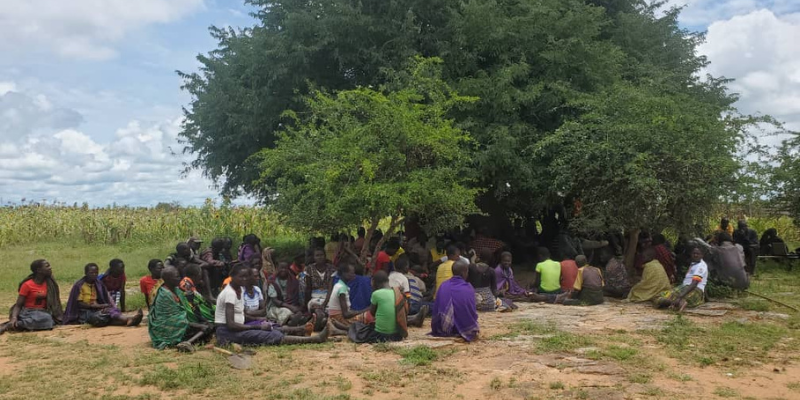
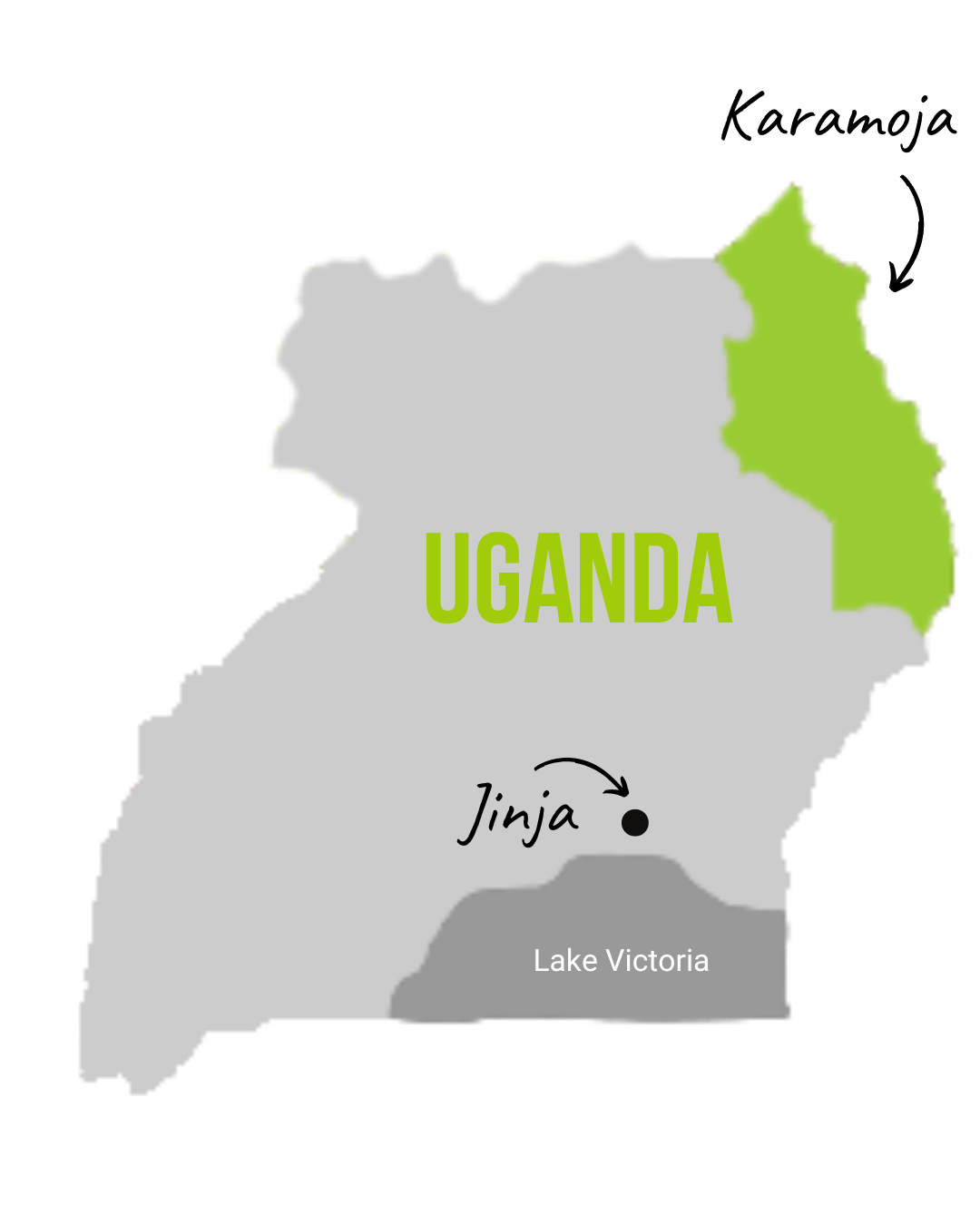
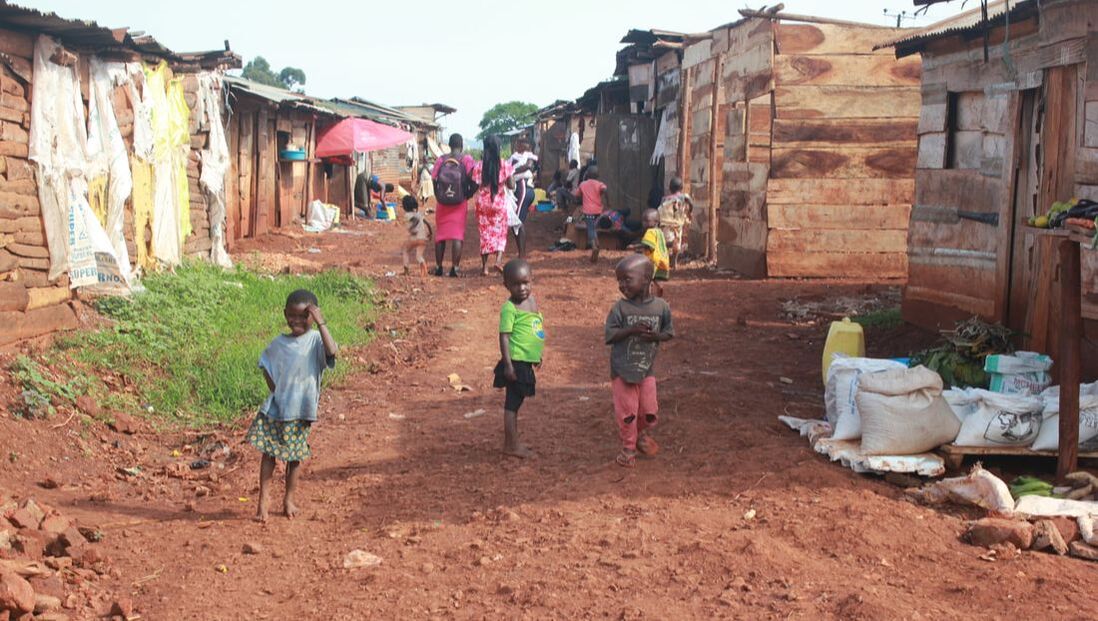
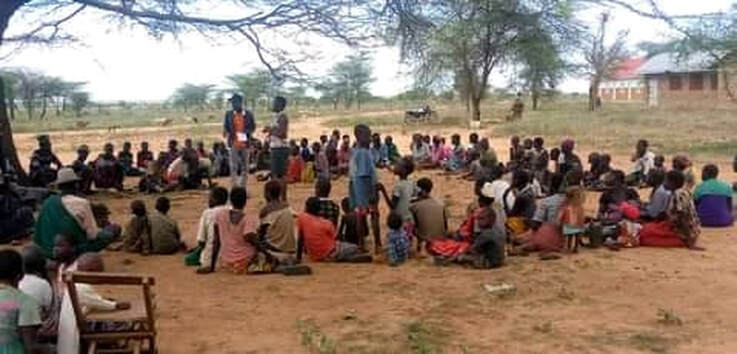
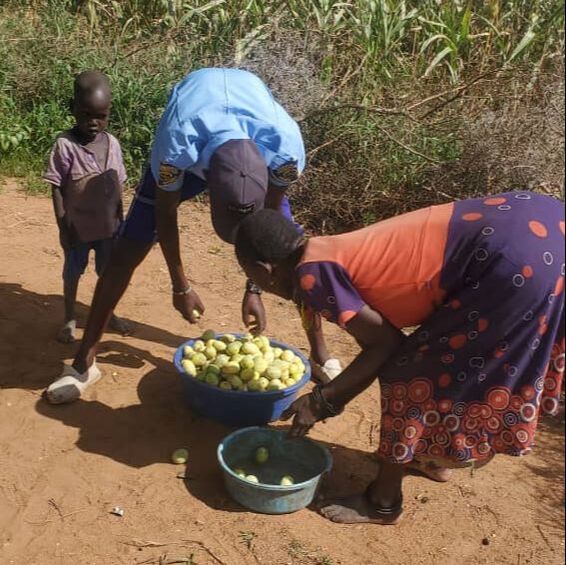
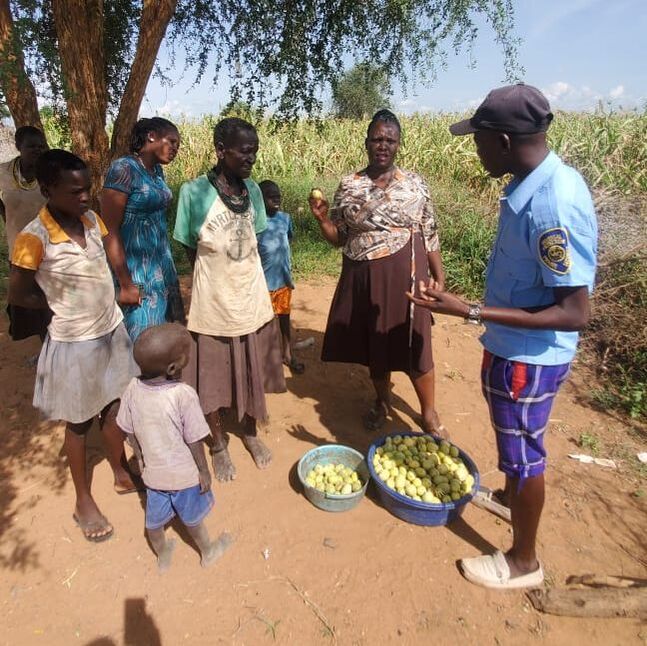
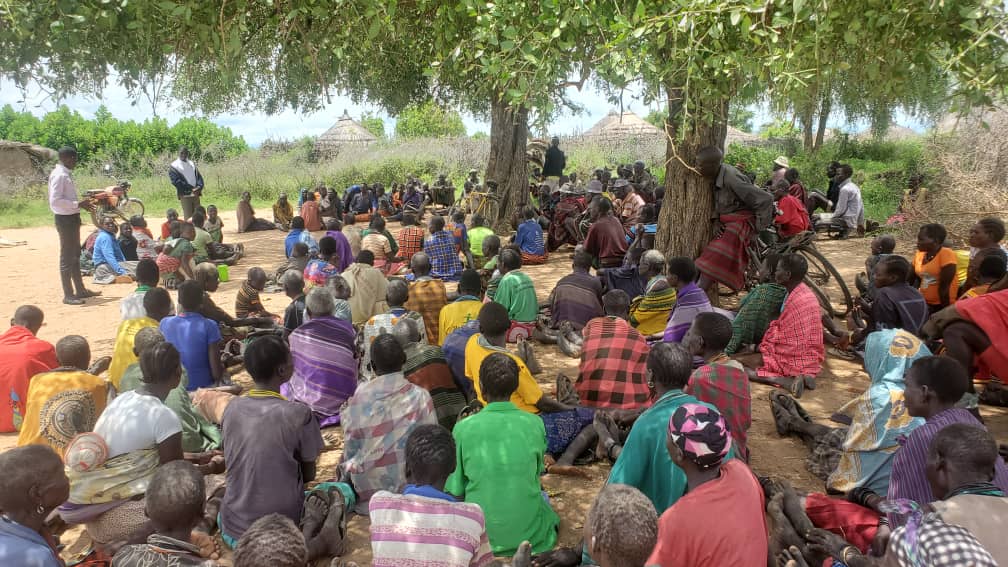
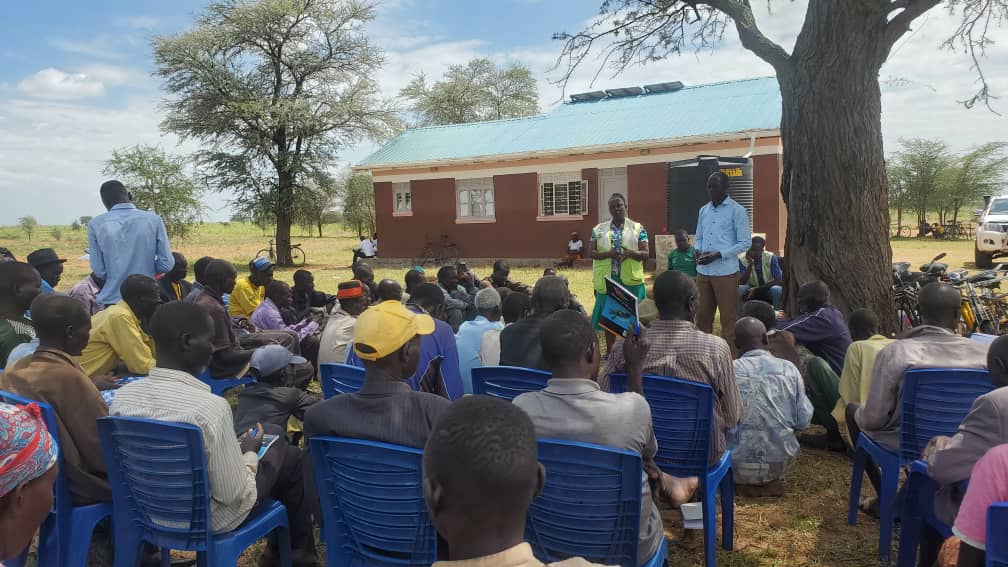
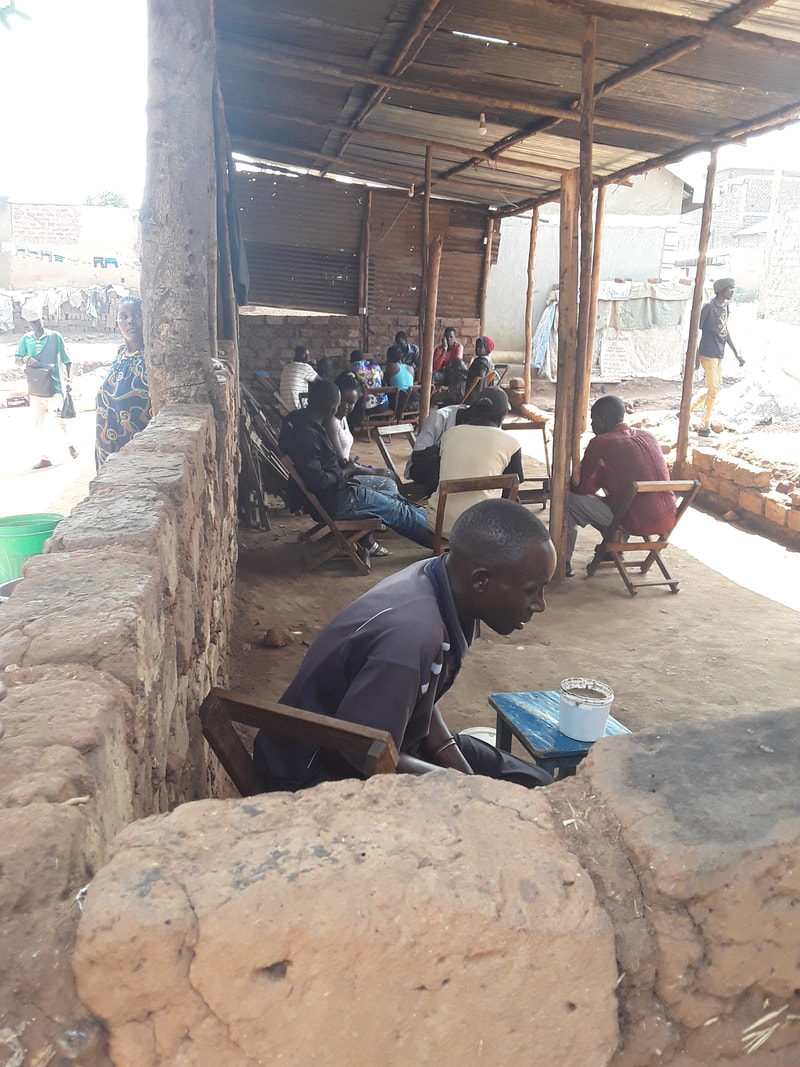
 Give monthly
Give monthly Fundraise for us
Fundraise for us RSS Feed
RSS Feed
